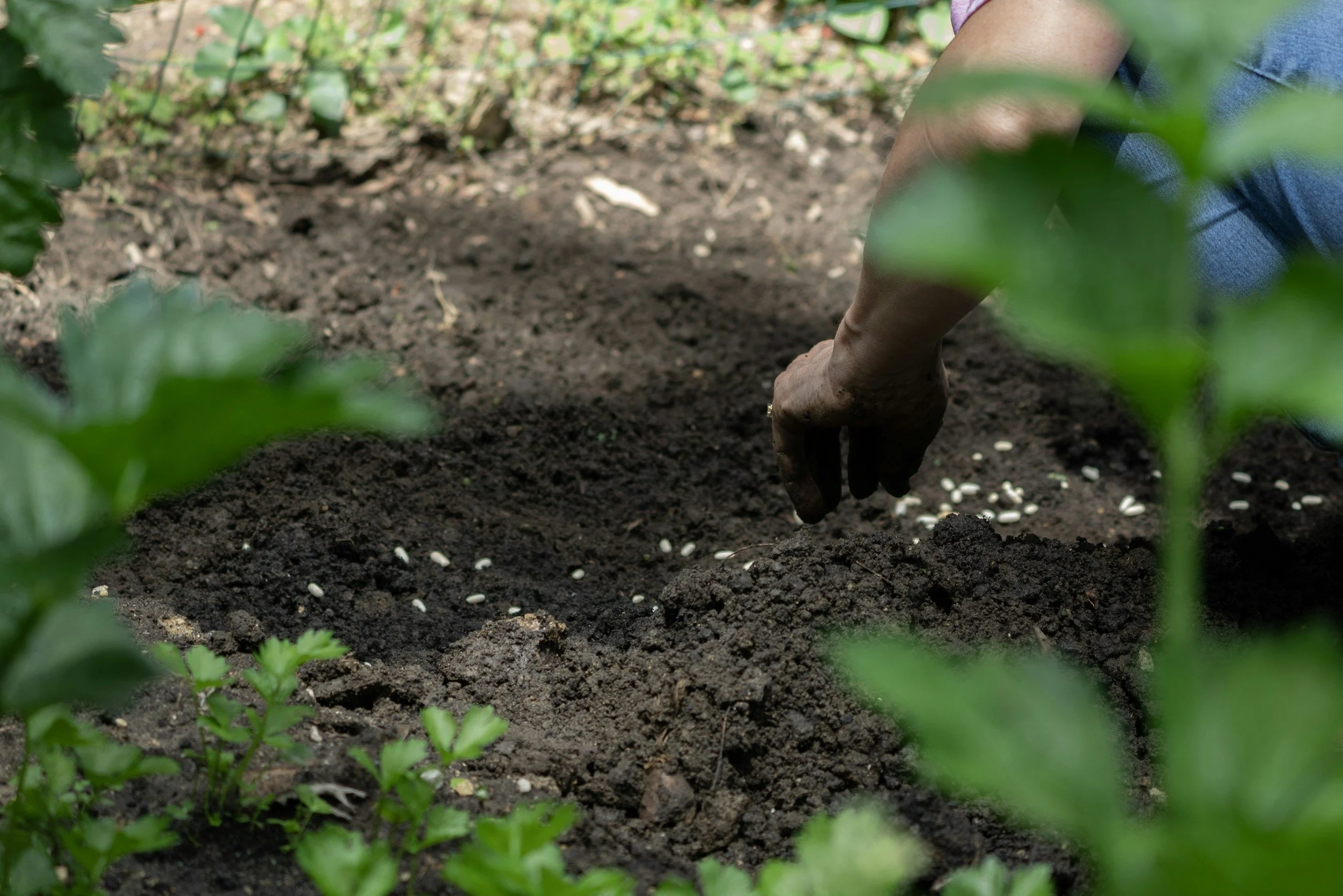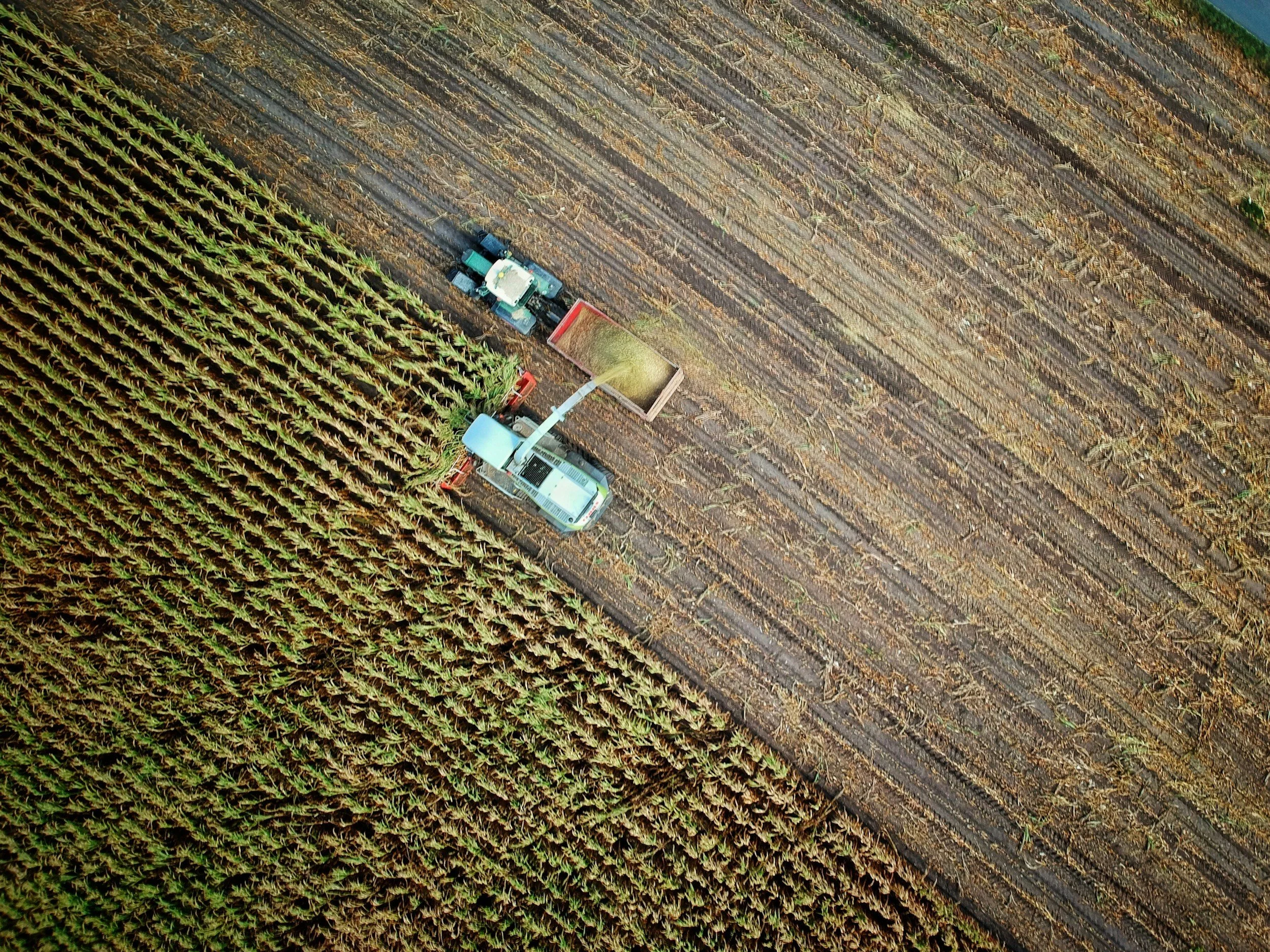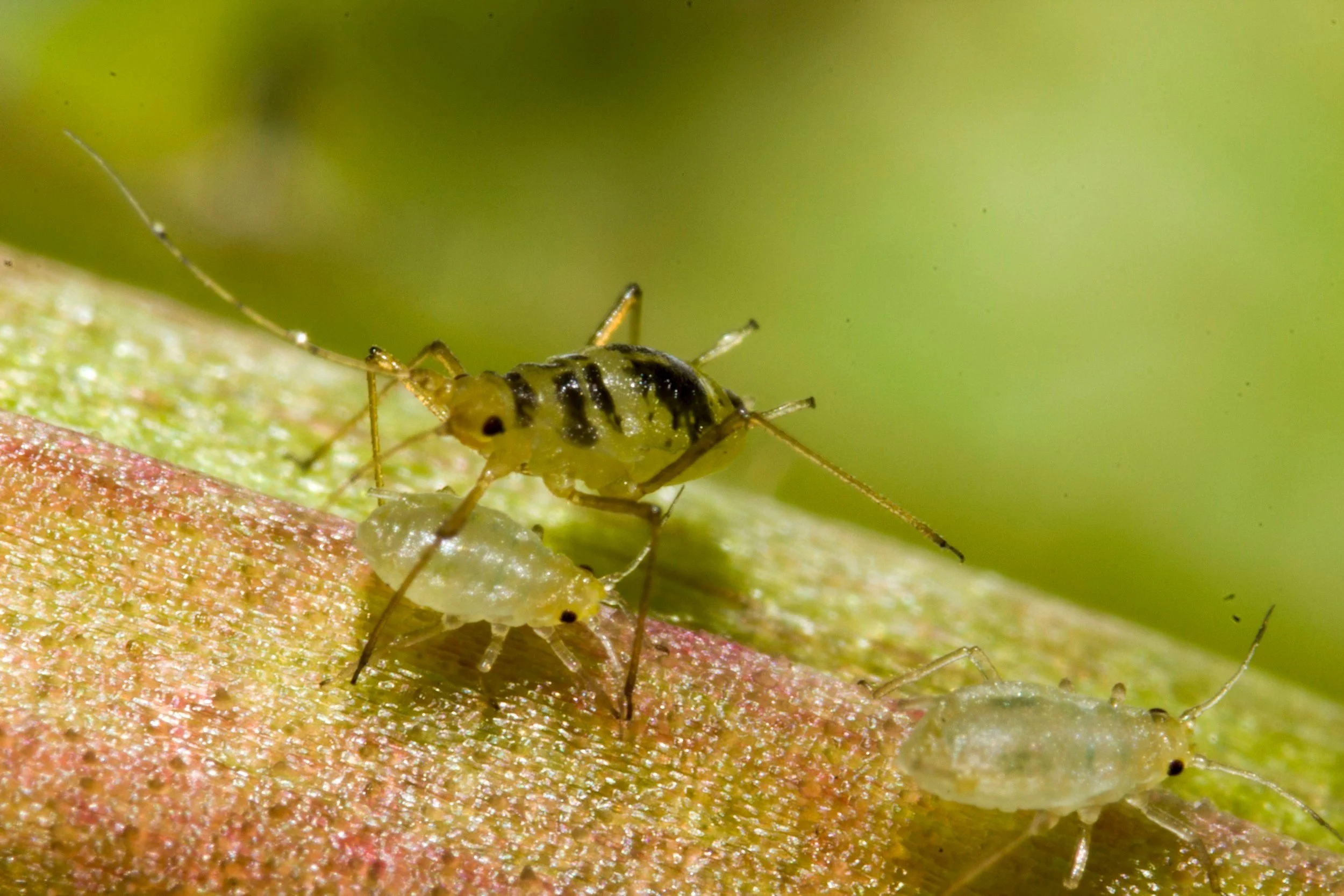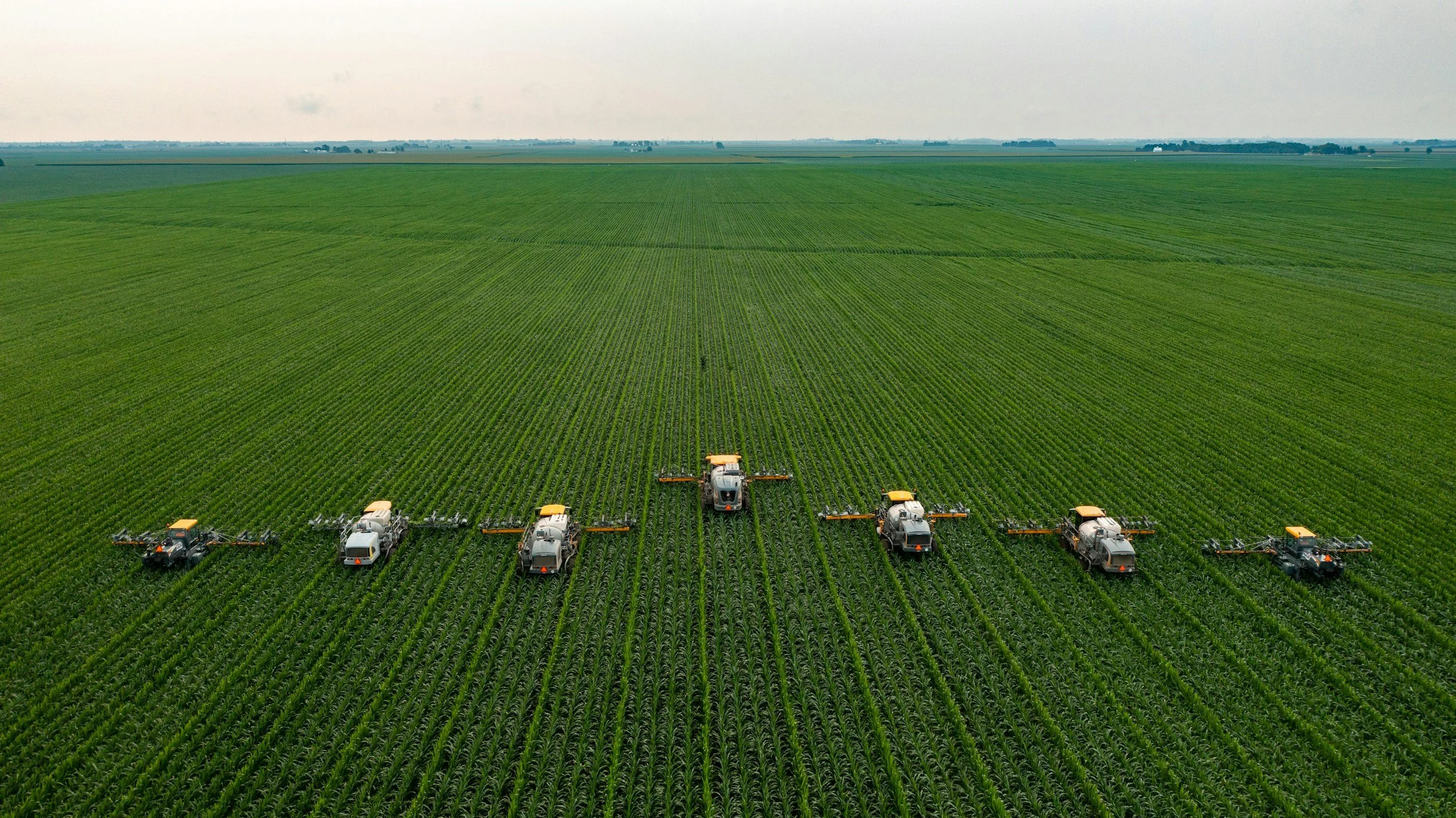The Environmental Impact of Improper Waste Disposal
/Improper waste disposal is a growing concern that has significant environmental repercussions. When waste is not managed correctly, it can lead to pollution, habitat destruction, and long-term damage to ecosystems. Whether you’re disposing of household rubbish, construction debris, or hazardous materials, understanding the environmental impact of improper waste disposal is important because it has a direct relationship to the health of ecosystems, wildlife and human populations. In this article, we’ll explore the consequences of poor waste management practices and how you can take steps to minimize your environmental footprint through responsible waste disposal.
Pollution and Contamination
One of the most immediate and visible effects of improper waste disposal is pollution. When waste is not disposed of correctly, it can end up in rivers, oceans, and other natural habitats, leading to the contamination of water, soil, and air. For instance, plastic waste that is not recycled or properly managed often ends up in waterways, where it breaks down into microplastics that harm marine life and enter the food chain. Recently, scientists have found evidence of microplastics in human blood and brains. Although the exact effects on the human body are unclear, a recent study suggests they could increase the likelihood of heart attack, stroke, and death.
Hazardous waste, such as chemicals, batteries, and electronic waste, also poses a significant threat to the environment if not handled properly. These materials can leach toxic substances into the soil and groundwater, leading to long-term contamination that harms both wildlife and human populations. Contaminated water sources can disrupt ecosystems, kill aquatic life, and make water unsafe for drinking and agricultural use.
Proper waste disposal, including the use of skip bins for general waste and specialized disposal services for hazardous materials, helps prevent pollution and reduces the risk of environmental contamination.
Habitat Destruction
Improper waste disposal can also lead to habitat destruction, particularly when waste ends up in natural areas like forests, wetlands, and oceans. Piles of rubbish can smother plant life, disrupt animal habitats, and contribute to the degradation of ecosystems. For example, illegal dumping of construction debris in natural areas can destroy habitats for wildlife, leading to a loss of biodiversity and the disruption of ecological balance.
In marine environments, discarded fishing nets, plastic bags, and other waste can entangle and kill marine animals, such as turtles, birds, and fish. These materials can also damage coral reefs, which are vital ecosystems that support a diverse range of marine species.
By ensuring that waste is disposed of correctly, through methods like recycling and responsible use of skip bins, we can help protect natural habitats and preserve biodiversity.
Greenhouse Gas Emissions
Improper waste disposal contributes to the release of greenhouse gases, which are a major driver of climate change. When organic waste, such as food scraps and garden clippings, is sent to landfill instead of being composted, it decomposes anaerobically (without oxygen), producing methane—a potent greenhouse gas with a much greater impact on global warming than carbon dioxide.
Additionally, the incineration of waste materials, particularly plastics and other synthetic products, releases carbon dioxide and other harmful gases into the atmosphere. These emissions contribute to the greenhouse effect, leading to rising global temperatures, melting ice caps, and more frequent extreme weather events.
By consuming less and diverting waste from landfills through recycling, composting, and proper disposal methods, we can reduce the amount of greenhouse gases produced and help mitigate the effects of climate change.
Depletion of Natural Resources
Improper waste disposal also contributes to the depletion of natural resources. When materials that could be recycled, such as metals, glass, and paper, are thrown away instead of being processed for reuse, the demand for new raw materials increases. This leads to the over-extraction of natural resources, such as mining for metals or cutting down trees for paper production.
Recycling not only reduces the need for new raw materials but also saves energy and water used in the manufacturing process. For example, recycling aluminum uses up to 95% less energy than producing new aluminum from bauxite ore. By responsibly managing waste and prioritizing recycling, we can conserve natural resources and reduce the environmental impact of resource extraction.
Threats to Human Health
The environmental impact of improper waste disposal extends to human health as well. When hazardous waste is not managed correctly, toxic substances can enter the environment, leading to health problems for nearby communities. Contaminated water, soil, and air can cause a range of health issues, from respiratory problems and skin irritation to more severe conditions like cancer and neurological disorders.
In addition, the spread of diseases can be exacerbated by improper waste disposal. For instance, areas with poor waste management are more likely to experience outbreaks of diseases such as cholera, dysentery, and malaria, as waste attracts pests and creates breeding grounds for disease-carrying organisms.
Proper waste disposal practices, including the use of specialized services for hazardous materials and responsible recycling, help protect human health by minimizing exposure to harmful substances.
How to Minimize Environmental Impact
To reduce the environmental impact of waste disposal, it’s essential to adopt responsible waste management practices. Here are some steps you can take:
Separate and Recycle: Always separate recyclables from general waste and use recycling bins or services to ensure materials are properly processed. This reduces the amount of waste sent to landfills and conserves natural resources.
Use Skip Bins Wisely: When dealing with large amounts of waste, such as during a renovation or clean-up, hire a skip bin to manage your waste efficiently. Choose the right size bin for your needs and avoid overloading it with prohibited items or hazardous materials.
Proper Disposal of Hazardous Waste: Never dispose of hazardous materials in general waste bins. Use specialized disposal services for items like chemicals, batteries, and electronic waste to prevent environmental contamination.
Compost Organic Waste: Composting organic waste, such as food scraps and garden clippings, reduces the amount of waste sent to landfills and produces valuable compost that can be used to enrich soil.
Support Sustainable Practices: Choose products with minimal packaging, opt for reusable items, and support businesses that prioritize sustainable practices and responsible waste management.
Conclusion
Improper waste disposal has far-reaching environmental impacts, from pollution and habitat destruction to greenhouse gas emissions and threats to human health. By adopting responsible waste management practices, such as recycling, proper disposal of hazardous materials, and the use of skip bins, we can minimize these impacts and contribute to a healthier, more sustainable planet. Every effort to dispose of waste correctly helps protect the environment, conserve natural resources, and safeguard the well-being of future generations.
About the Author:
Jessica Assaf is the editor of BeautyLiesTruth.com. She loves traveling, visiting new places, spicy food, anything with lemon, and nature and doesn't understand the point of taking a picture without one of us appearing in it.











































Proper pet waste disposal is crucial for maintaining healthy environments and ensuring clean, safe communities for human and animal residents alike. Unfortunately, still too many dog owners may not realize that when they leave any of their pet’s waste behind, it can accumulate and create both unpleasant and unhygienic conditions.